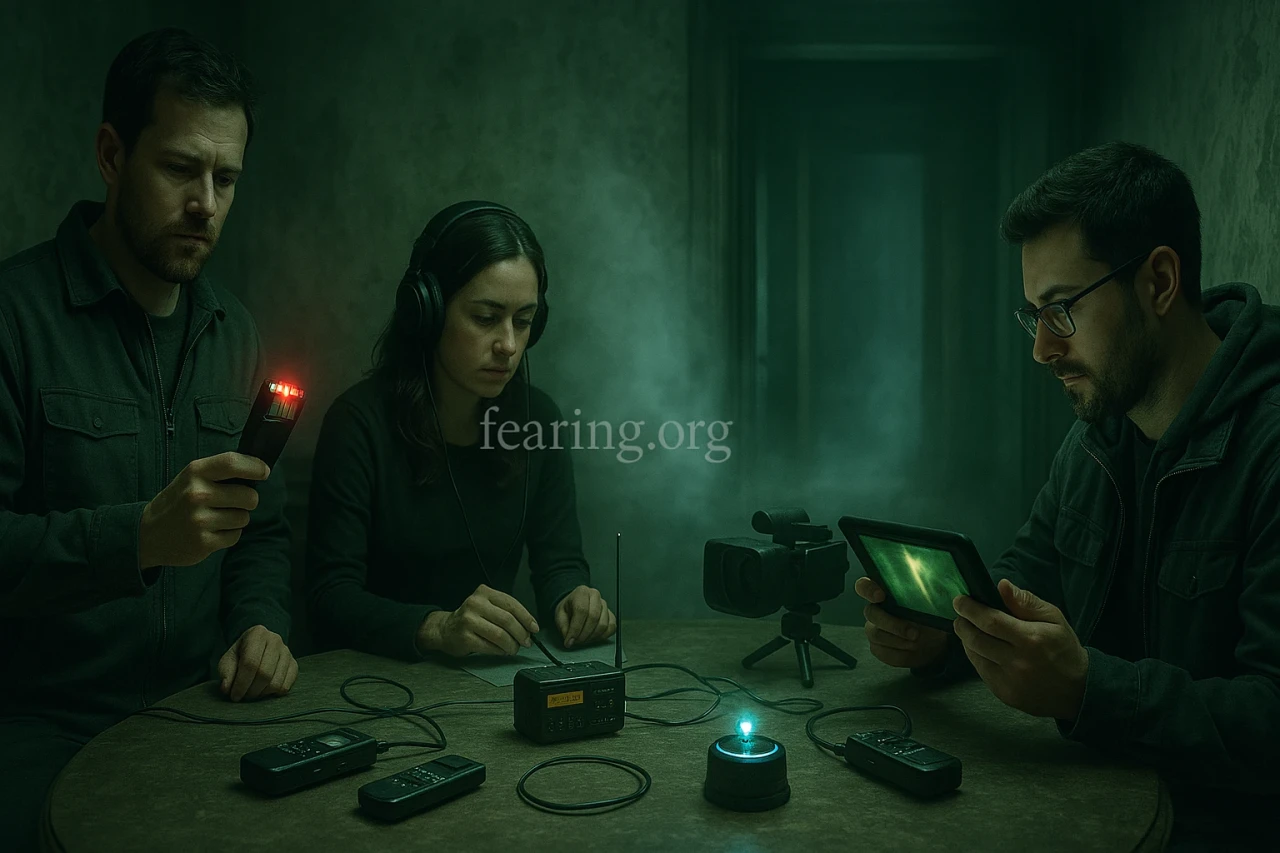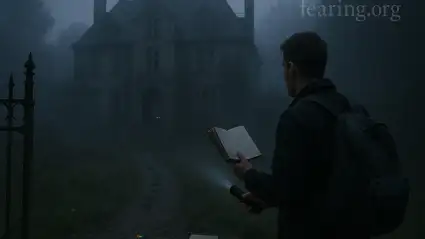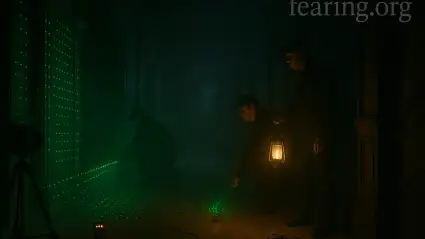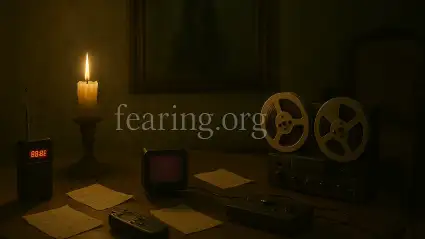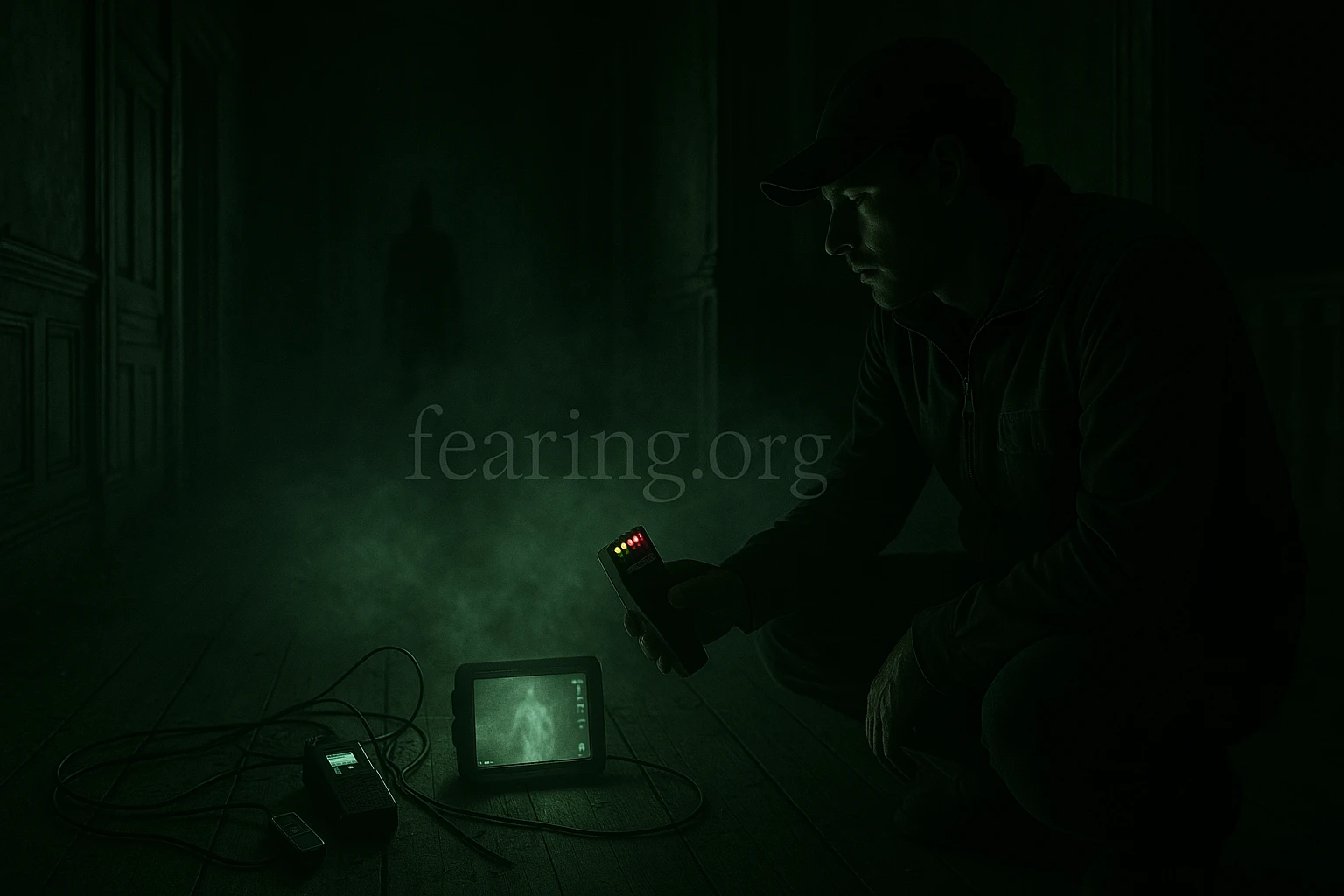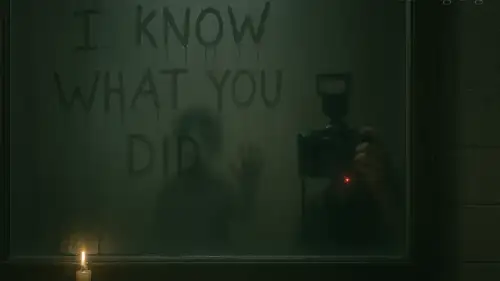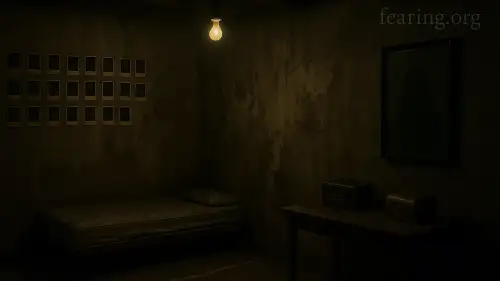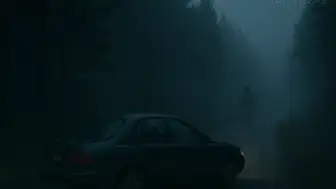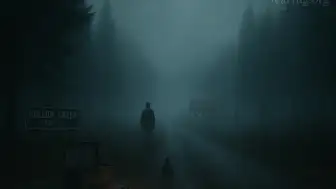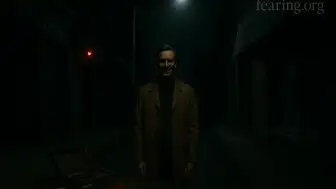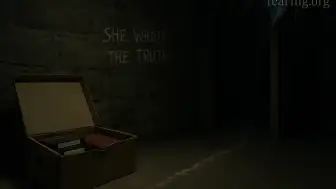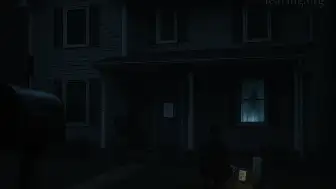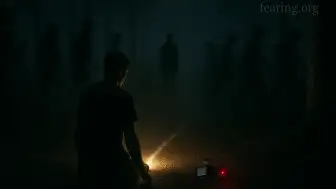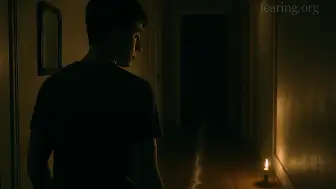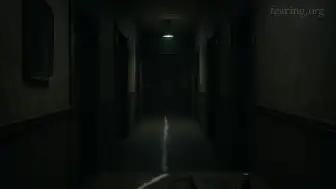Modern paranormal investigations aren’t just about walking into dark places with a shaky flashlight and a gut feeling. Today’s ghost hunters bring with them an arsenal of technology—part science lab, part séance kit—designed to detect the unexplainable. But what are these tools, how do they work, and do they really uncover evidence of the afterlife?
"You may not see the ghost. But the right tool might hear it, feel it, or even speak to it."
In this detailed guide, we’ll break down the essential equipment used by paranormal investigators around the world, separating Hollywood myth from ghost-hunting reality.
🎙️ 1. EVP Recorders (Electronic Voice Phenomena)
Used to capture voices or sounds that aren’t audible during the recording session:
Digital or analog recorders left in quiet rooms
Common phrases captured: names, cries, answers to direct questions
Often used during structured EVP sessions where investigators ask questions and leave space for responses
Some believe EVPs are spirit voices caught between dimensions. Others point to interference, subconscious murmuring, or ambient noise.
📡 2. EMF Detectors (Electromagnetic Field Meters)
Used to measure sudden spikes or fluctuations in electromagnetic energy:
Ghosts are believed to affect the EM field around them
Baseline readings are taken before investigating
Sudden changes, especially near no electronics, are considered suspicious
Skeptics argue many factors can influence EMF—including wiring, phones, or walkie-talkies.
:::tip 🔋 Investigators often use EMF meters to track movement of unseen entities in real time. :::
🌡️ 3. Thermal Imaging Cameras
Detect heat signatures in complete darkness:
Show hot and cold spots in real time
Can reveal unexplained shapes, figures, or handprints
Often used in tandem with EMF spikes or EVP recordings
Some ghost hunters claim to have recorded heat signatures that mimic human forms—then vanish without explanation.
💡 4. Infrared Cameras / Night Vision
Capture visuals in low-light or complete darkness:
Reveal shadow figures, anomalies, or movement in rooms thought to be empty
Often mounted in hallways, basements, or hotspots
Many "caught-on-camera" ghost videos online rely on infrared technology.
📻 5. Spirit Boxes
Rapidly sweep AM/FM frequencies to generate white noise:
Believed to allow spirits to speak through the static
Common responses include names, direct answers, and even threats
Some sessions produce coherent, chilling sentences
Critics argue this is audio pareidolia—hearing meaning in random noise—but believers swear by its accuracy.
"The static might just be someone screaming from the other side."
📷 6. Full Spectrum Cameras
Capture visible and invisible light, including ultraviolet and infrared:
Believed to pick up anomalies the human eye can’t detect
Used to photograph or record spirit manifestations
When paired with motion detection, they sometimes capture figures that weren’t visible at the time of filming.
🧭 7. REM Pods
Radiate their own EM field and trigger alarms when disrupted:
Used to establish controlled environments
Any movement within the field triggers lights and sound alerts
Investigators place them in hallways, doorways, or beside reported hotspots.
🧱 8. Trigger Objects
Ordinary items meant to encourage spirit interaction:
Toys for child spirits, jewelry, coins, or historically relevant artifacts
Often paired with motion sensors or EMF meters
Some teams have documented objects being moved, rolled, or even thrown.
🧪 9. Data Logging Equipment
Used to monitor environmental changes:
Humidity, temperature, barometric pressure, EMF—all logged over time
Helps rule out natural causes for paranormal claims
Serious investigators use this data to validate or debunk experiences.
🎤 10. Headphones and Real-Time Audio Monitors
Used to isolate sounds as they happen:
Allow one investigator to listen live while others question
Has led to chilling real-time EVPs and responses
Some claim this setup creates a kind of “paranormal feedback loop.”
Paranormal investigation is part intuition, part technology. The equipment doesn’t prove the afterlife—but it captures anomalies that challenge our understanding of reality.
In the world of the unseen, tools don’t just record events. They become the only witnesses. 👁️📡🕯️

